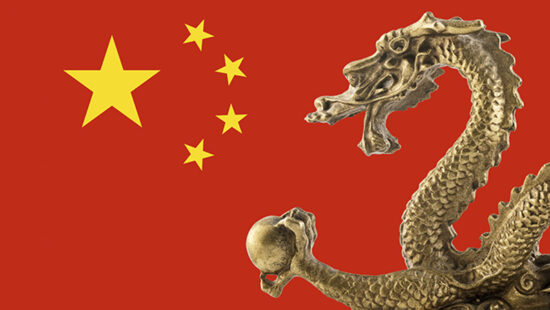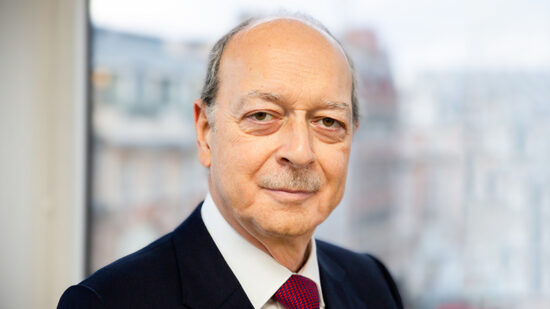Wealth managers have traditionally allocated meagre chunks of their portfolios to passive, but that could be set to change.
Recent data from research provider Wealth-X, which quizzed 36 UK wealth managers, found on average just 9% of assets in portfolios contained index-tracking products.
More than a quarter of those surveyed had 0% of clients’ portfolios in passive.
But with a continued regulatory focus on fees, greater transparency and calling out of so-called benchmark-huggers, as well as the ongoing struggle to find returns amid the uncertain political environment, wealth managers are beginning to explore the ETF landscape.
According to Blackrock, there were strong ETF inflows throughout May on the back of the continuing equity bull run.
The US still rules the roost, with US ETFs making up more than half of total assets under management.
Elsewhere, statistics from Lipper revealed that, during the week ending 14 June, investors piled $17.7bn into US-based ETFs.
However, there has been an increased appetite for ETFs across the board, notably in Europe following the result of the French presidential election and the subsequent easing of the threat of populism.
Asset classes eating into the US’s market share include European equities with $23.9bn inflows in May, while investment grade corporate bonds and emerging market equities enjoyed windfalls of $22.9bn and $19.9bn respectively, Blackrock said.
These statistics take into account the entire global investor base, but where have wealth managers been allocating?
Nizam Hamid, ETF Strategist at WisdomTree, has seen clients move towards currency-hedged ETF exposures in the wake of last year’s Brexit and the more recent uncertainty in UK politics.
“With sterling having had some quite large moves, clients are thinking while sterling has a leg down, chances are it could strengthen,” he said.
Hamid observed a push towards the eurozone in the small cap space because, unlike the UK, political risk appears to have subsided for now.
Elections in the Netherlands and France passed without upset earlier this year, and he believes the upcoming vote in Germany does not really pose a risk.
“That has renewed people’s interest in the eurozone and the prospects for better growth there has certainly helped, and the view there will be a turnaround in the eurozone,” said Hamid.
Peter Sleep, senior investment manager at Seven Investment Management, said wealth managers are using passive products in much the same way as institutional investors; that is to top-up an existing allocation to an active manager, or for short-term exposure to a new market.
One area he has seen interest in lately is gold.
“My sense in wealth managers are using ETFs to buy exchange traded products like gold to get tactical exposure to markets,” he said.
Sleep said 7IM has held gold for the past 18 months, predominantly as a “bet against human stupidity”.
He added: “You never know what we will do to blow up our own currency or stability.
“We have one or two leaders in our world who are flaky, in North Korea or America, so we have gold ETFs in our portfolio not so much as an inflation hedge, but a hedge against the unexpected.”
Similarly, Lynn Hutchinson, assistant director at Charles Stanley, which holds 7% of its assets under management in passive vehicles, has observed a move into gold ETFs during the last few weeks.
Hutchinson said this was due to the uncertainty of what is happening in the UK, and to some extent in the US, at a political level and in terms of heightened inflation.
She also observed a move into European equities, particularly in France, as people have become more relaxed about the politics in the eurozone.
“This, she added, has been at the expense of UK equities which have seen outflows on the back of the UK election outcome.







